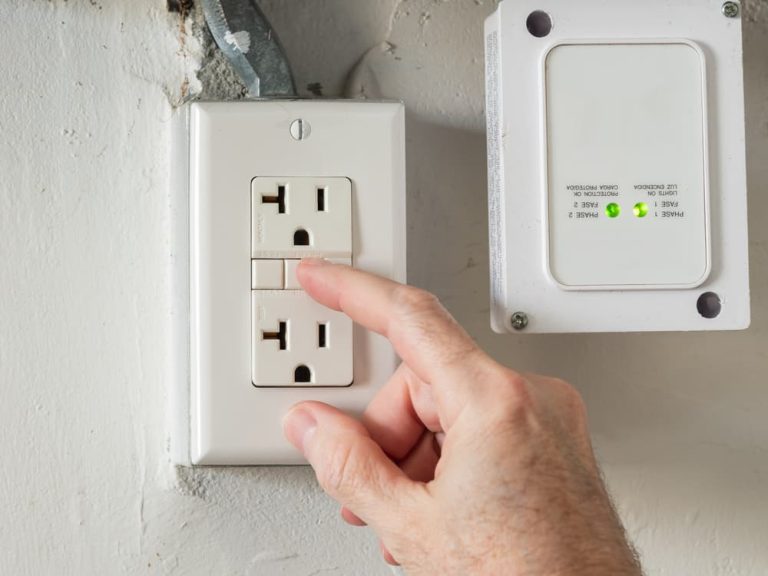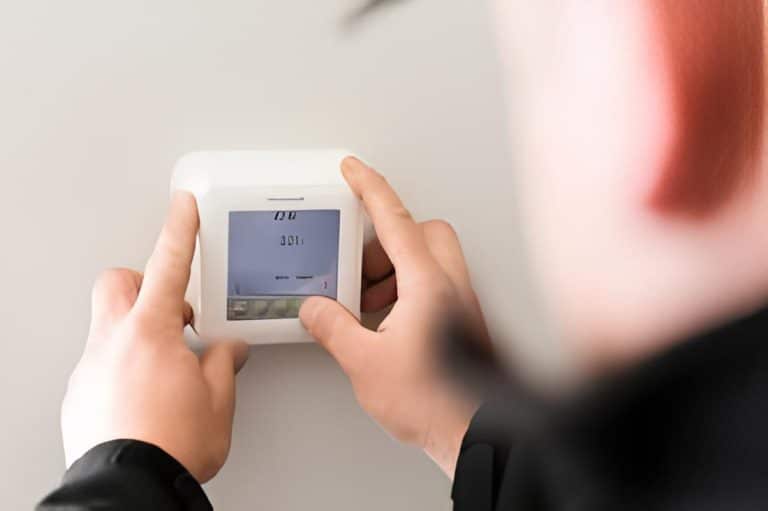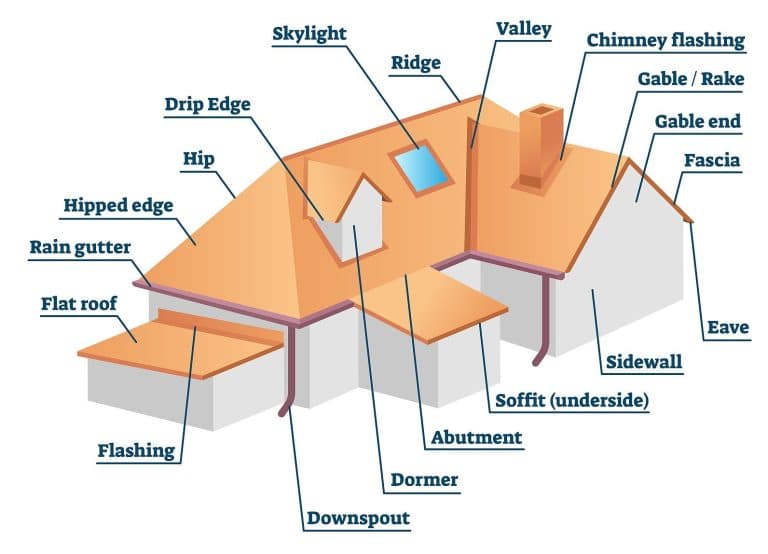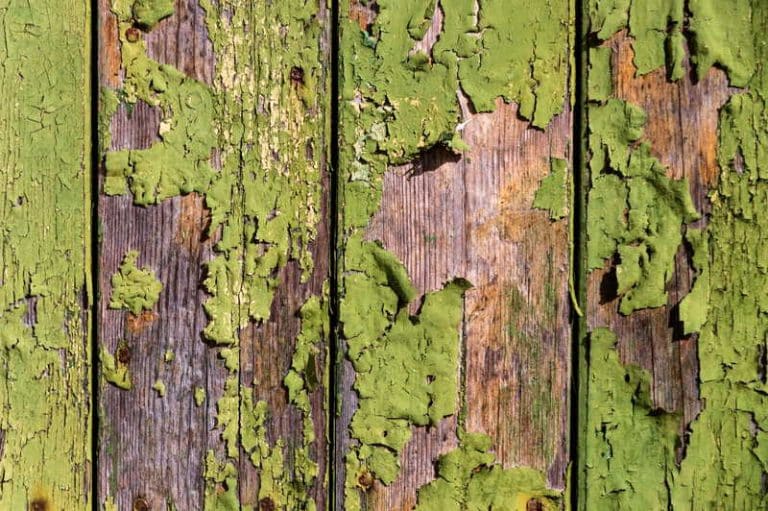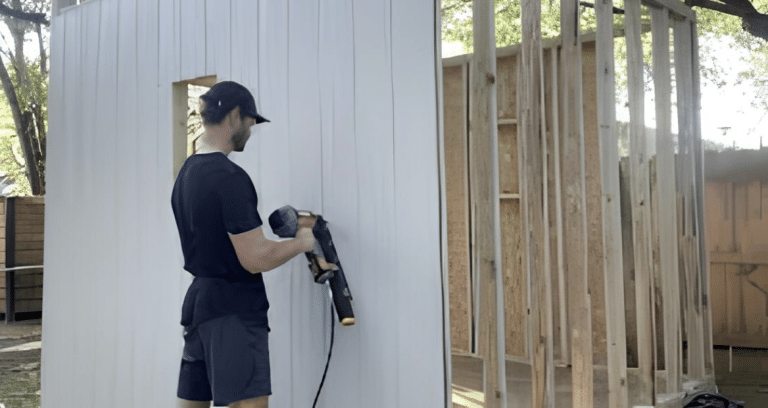Easy Guide to Remove Old Oil Stains from Concrete
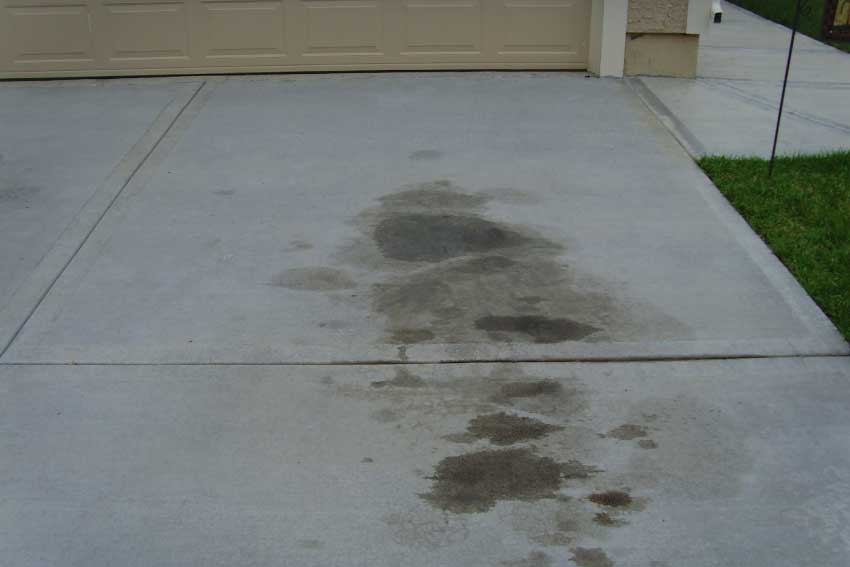
Have you ever looked at a yucky oil stain on your concrete driveway or garage floor and wondered if you could somehow go back and erase the mistake when the spill happened?
Well, we’ve all been in that situation, staring at the tough leftover mark from a little mistake that doesn’t want to go away.
But don’t worry, because dealing with this kind of problem around the house is like a big win waiting to happen.
Getting rid of old oil stains from concrete might seem hard, but it’s actually something you can do.
Whether it’s from a leaky car or a spill during a DIY project, those stains can reduce the overall appearance of your property.
Oil stains from concrete surfaces can be challenging to remove. But fear not.
In this, we’ll provide you with step-by-step instructions and expert tips on how to remove oil stains from concrete easily.
Say goodbye to those sticky stains and hello to a clean surface.
1. Absorbent Material for Wet Spills
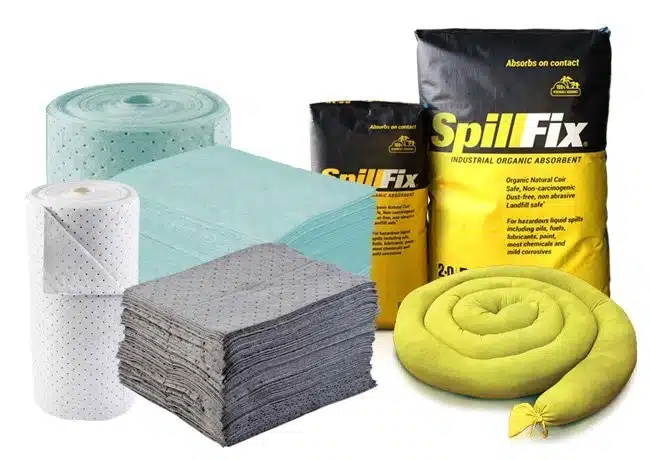
When dealing with fresh oil spills, act quickly to prevent stains from setting in. Start by blotting the area with absorbent materials like sawdust or baking soda. Gently press the material onto the stain, allowing it to soak up the oil. Leave it for a few hours or overnight to remove the oil stain from the concrete.
2. Sweep and Wet the Stain
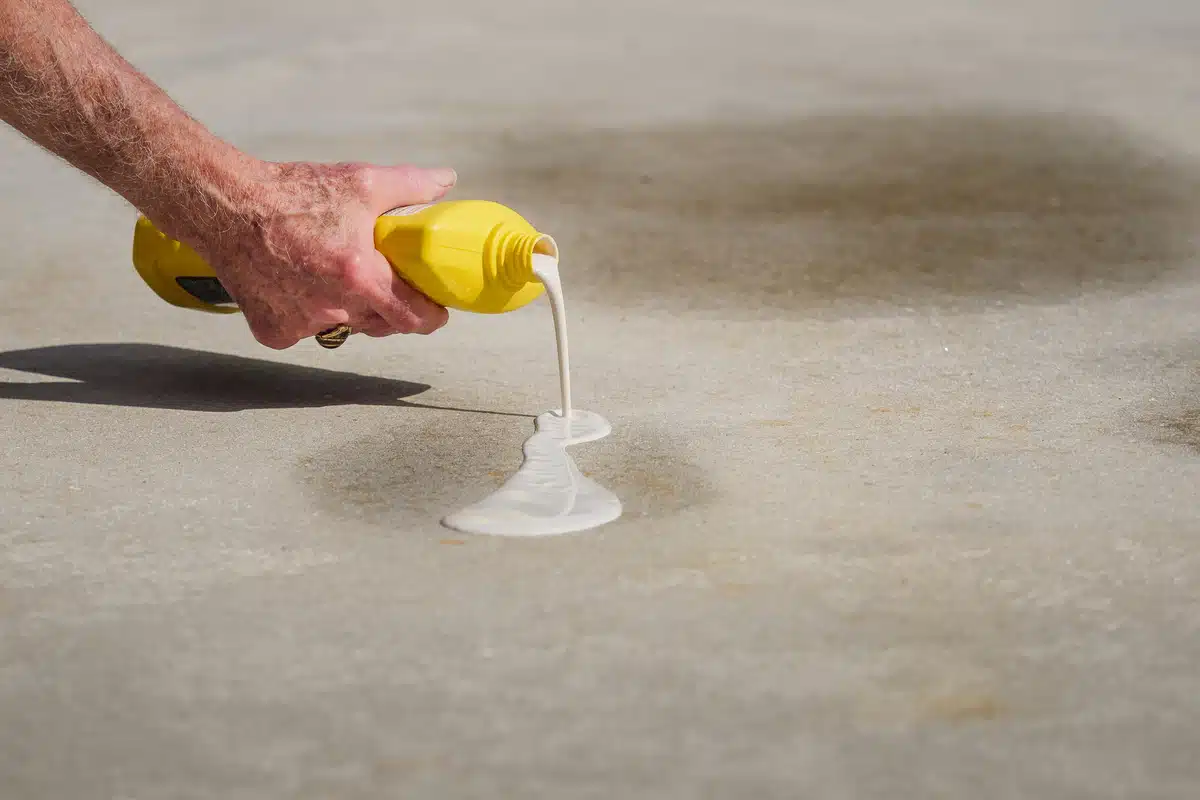
After absorbing as much oil as possible, sweep away the used material and dispose of it properly. Next, wet the stained area with water to prepare for the next steps of the concrete oil stain cleaning tip. Make sure the surface is damp but not flooded.
3. Scrub with Baking Soda and Water Paste
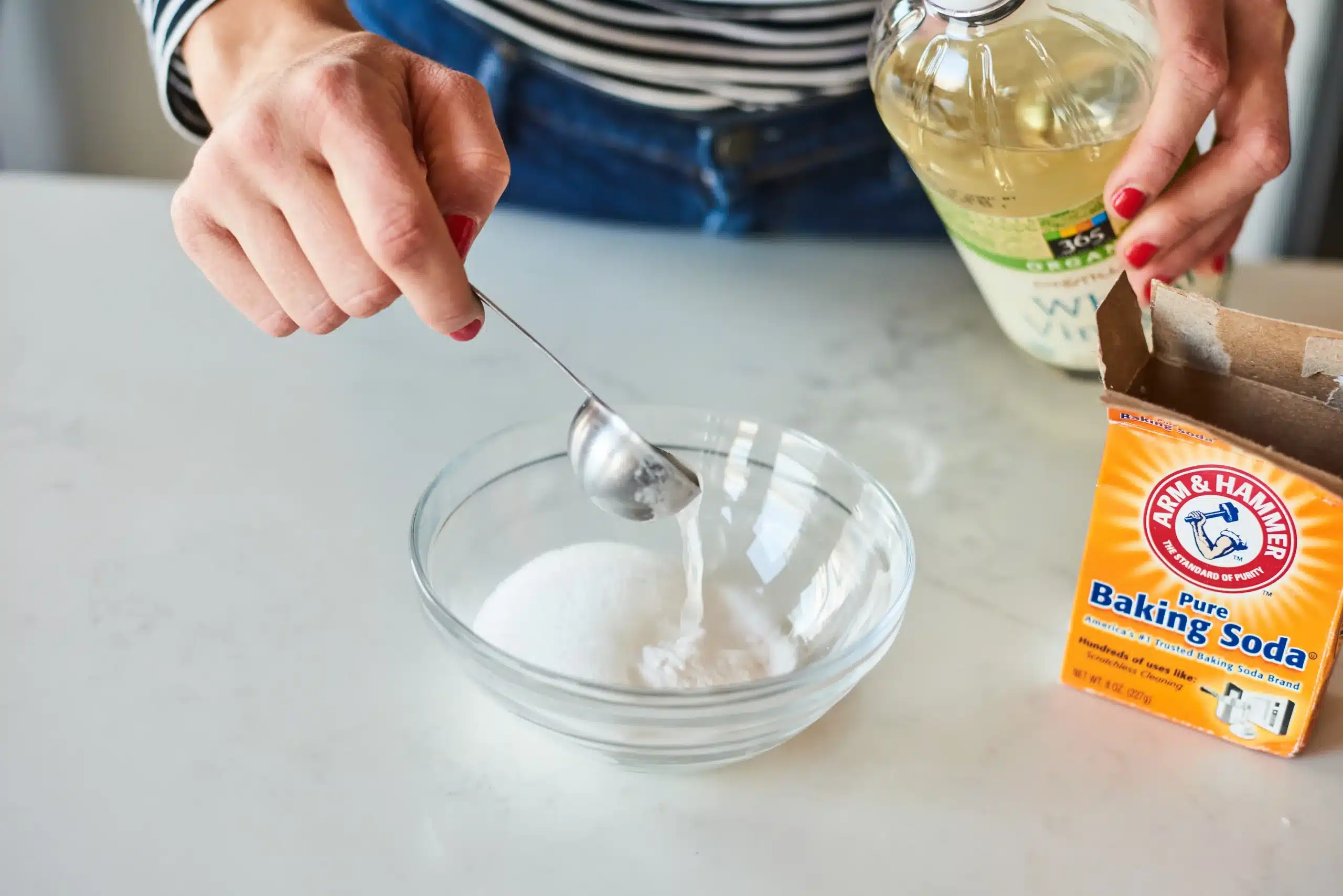
Create a paste by mixing baking soda with water to form a thick, spreadable consistency. Apply this paste onto the oil-stained area. Using a concrete oil stain cleaning tip, take a stiff brush and scrub the paste into the stain, focusing on the oil-affected spots. Baking soda’s natural rough properties will help lift the oil from the concrete surface and remove oil stains from the concrete.
4. Rinse with A Hose and Air Dry
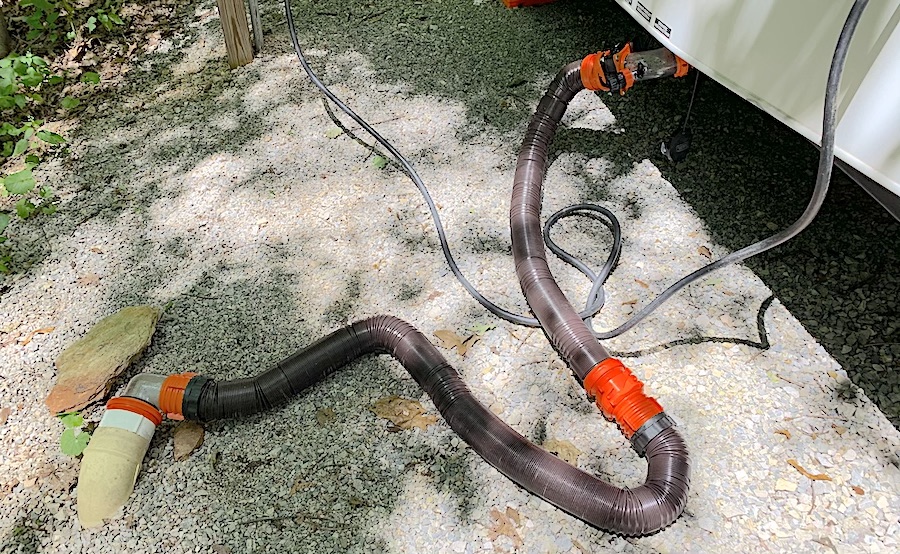
Once you’ve thoroughly scrubbed the stain, rinse the area with a pipe. Use moderate water pressure to wash away the baking soda paste, and oil remains. Allow the concrete to air dry naturally. You’ll notice a significant improvement in the stain’s appearance, and it can remove oil stains from concrete easily.
Common Household Products for Oil Stain Removal
1. Cat Litter
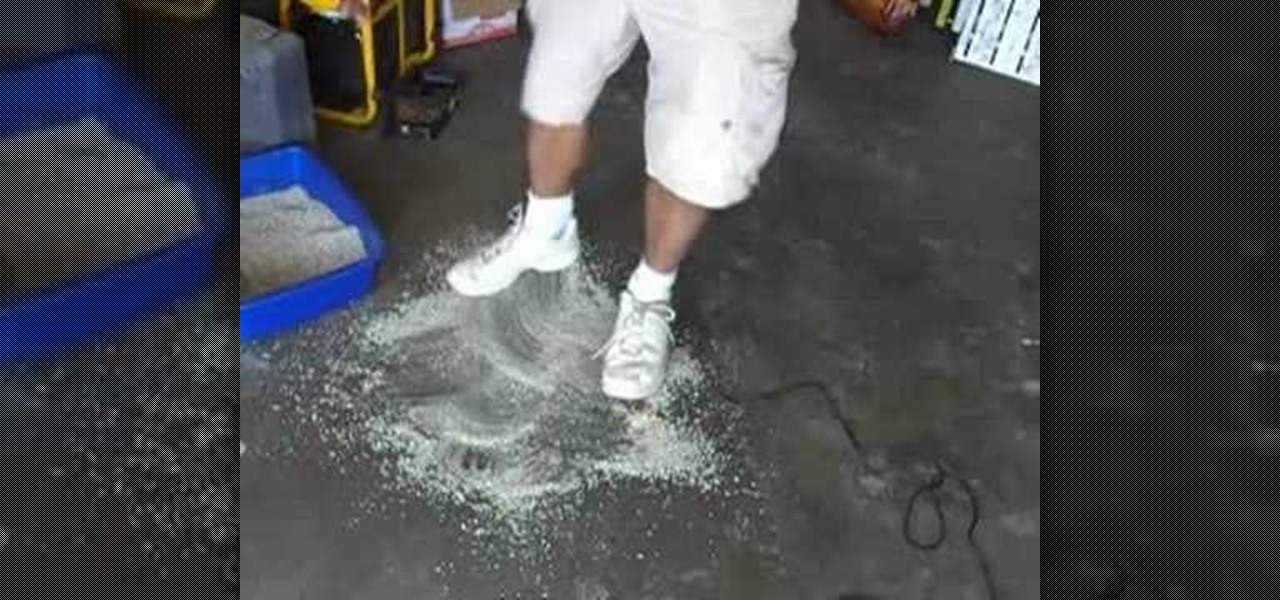
Cat litter, the absorbent material used for your pet friend, is the best way to clean oil stains from concrete. Begin by covering the stain with cat litter and gently pressing it down for absorption. Allow it to settle for a day or two, letting it draw out the oil. Sweep away the litter and dispose of it properly. This method helps lift the oil, making the next steps more effective.
2. Soda
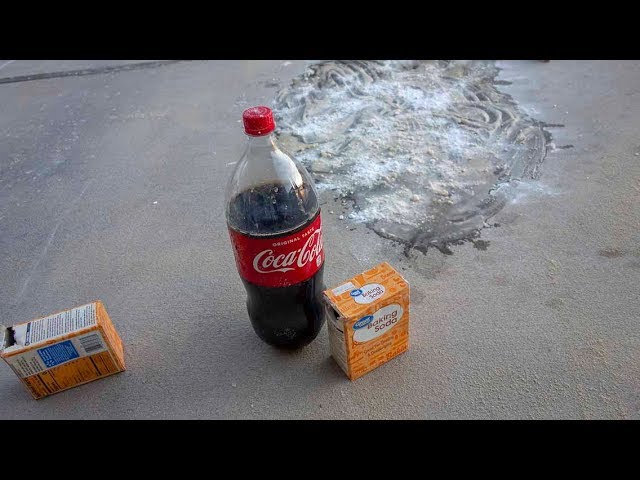
The soda in your pantry can serve as the homemade oil stain remover from concrete. Pour the soda directly onto the stain, ensuring it’s thoroughly soaked. The carbonation and acidity work together to break down the oil. Let it fizz and bubble for about an hour, then scrub the stain with a brush or stiff broom. Rinse with water to reveal a cleaner concrete surface.
3. Powdered Laundry Detergent
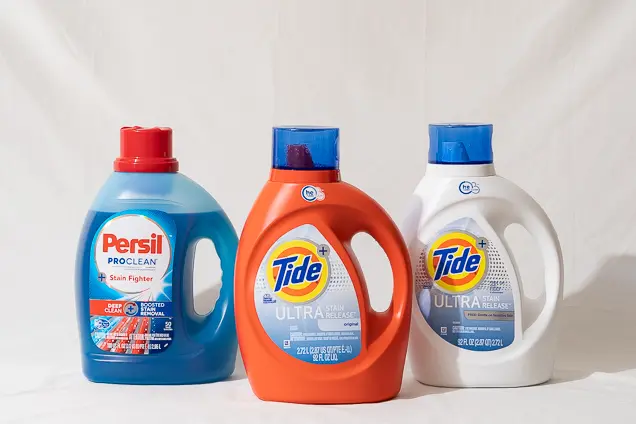
Powdered laundry detergent, which is known for its tough stain-fighting abilities, can also remove oil stains from concrete. For quick and easy concrete oil stain removal, Mix the detergentwith water to form a paste, similar to the baking soda method. Apply the paste to the stain, scrubbing it gently. Leave it for a few hours or overnight, allowing the detergent to penetrate the oil. Rinse with water, revealing cleaner concrete surfaces. It is also a homemade oil stain remover.
4. Oven Cleaner
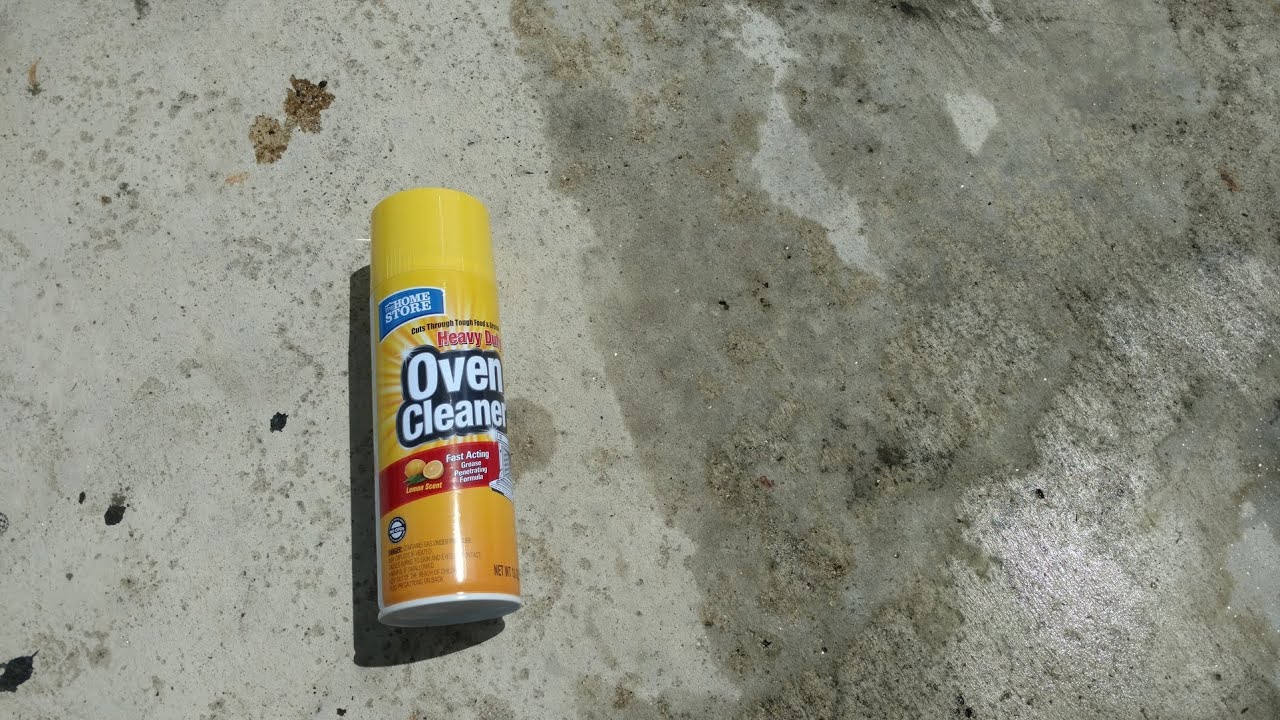
Oven cleaner is a powerful solution that can be used to remove oil stains from concrete surfaces. Its potent formula helps break down and dissolve the oil, making it the best way to clean oil stains. To use, spray the affected area with the oven cleaner and let it rest for about 15-20 minutes. Then, scrub the stain with a stiff brush or broom, and rinse the area thoroughly with water. Be sure to wear gloves and protective eyewear when using oven cleaners.
5. WD-40
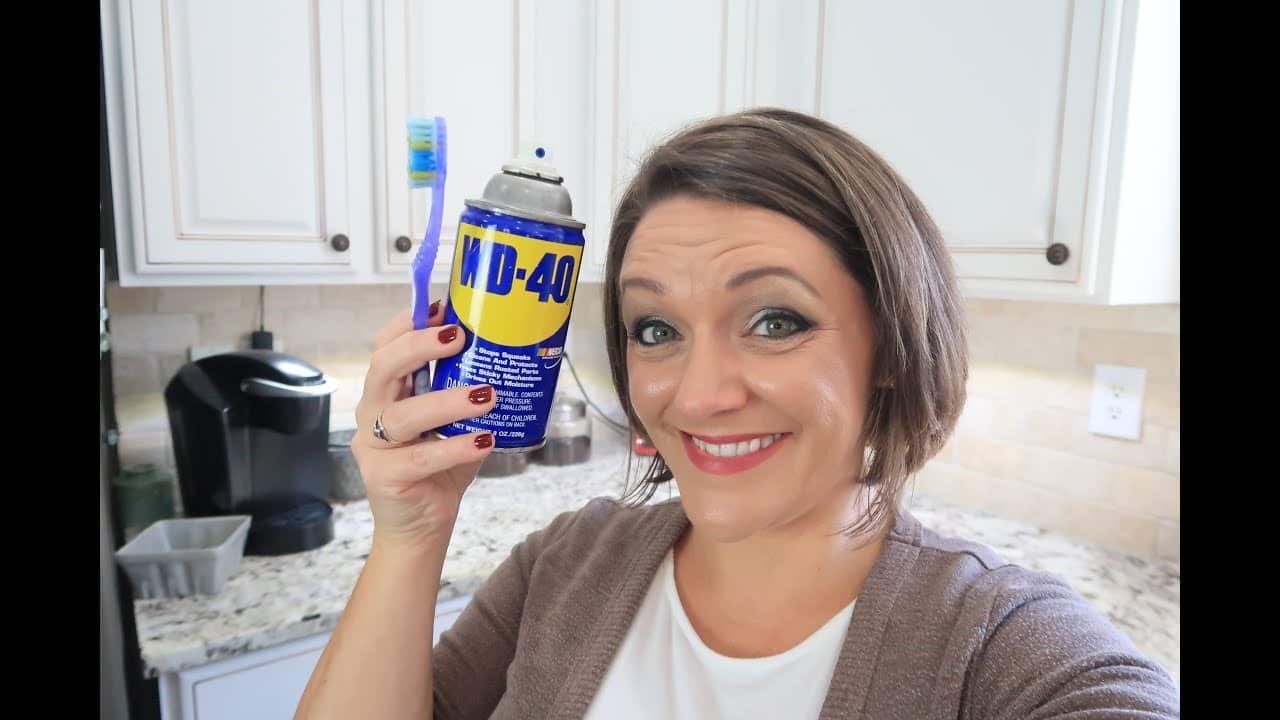
WD-40 is a flexible product known for its lubricating properties, but it can also be an effective concrete oil stain-cleaning tip. Begin by spraying WD-40 directly onto the stain and allowing it to penetrate for about 30 minutes.
Next, scrub the area with a brush or scrubbing pad, and rinse with water. WD-40 helps to loosen the oil, making it easier to lift from the concrete surface. This is quick and easy concrete oil stain removal. Remember to ventilate the area while using WD-40 and wear gloves.
6. Concrete Cleaner or Degreaser
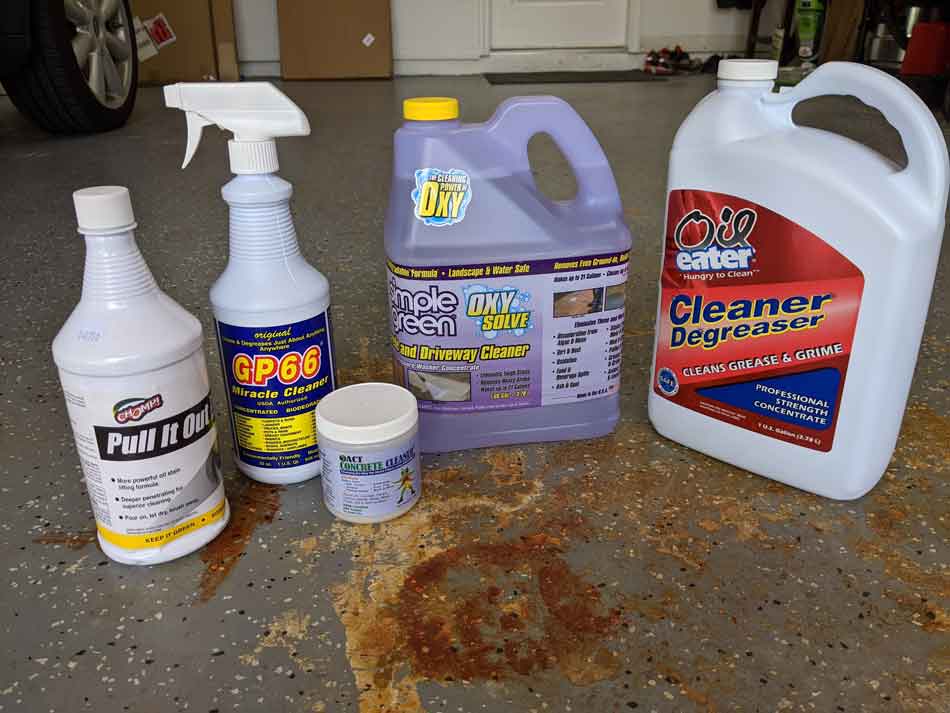
Specifically designed for concrete surfaces, a concrete cleaner or degreaser is a reliable option for removing oil stains from concrete. Apply the cleaner to the stain and let it for the recommended time, usually around 15-20 minutes. Scrub the stain using a brush or broom, focusing on old stains using oil stain remover for garage floors.
Rinse the area thoroughly with water to reveal the best way to clean oil stains on concrete surfaces. It’s advisable to follow the manufacturer’s instructions and use proper protective gear.
7. Cleaning Oil Stains with a Poultice
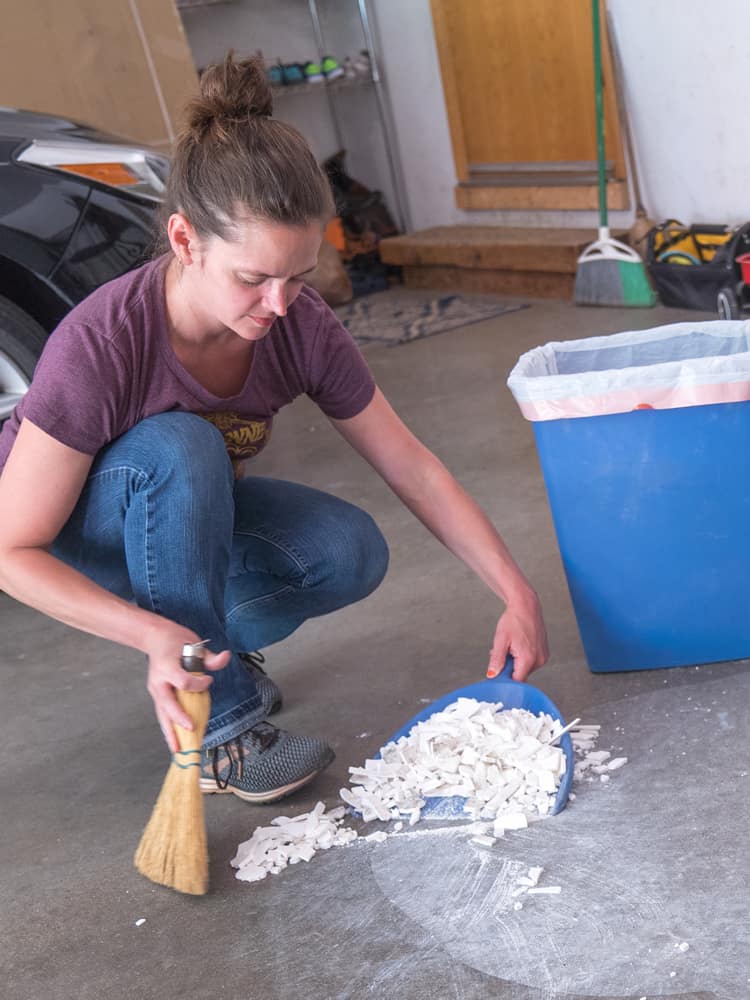
One effective method to tackle those old oil stains on concrete is by using a poultice. A poultice is a simple and natural solution that works wonders. You’ll need an absorbent material like sawdust, kitty litter, or talcum powder, along with a solvent like acetone or mineral spirits.
Begin by removing any loose dirt from the stained area. This helps the poultice to make better contact with the oil. Gently spread the material to remove oil stains from the concrete. You can do this by using a spatula or your hands.
Now, spray the chosen solvent over the poultice. Cover the poultice with plastic wrap to create a seal. This prevents the solvent from evaporating too quickly, giving it full time to work. After waiting, carefully remove the plastic wrap and the poultice.
You’ll likely notice that the stain has lightened greatly. Give the area a good scrub using mild detergent and water. This helps oil stain remover for garage floor cleaning agents.
8. Using Microorganisms
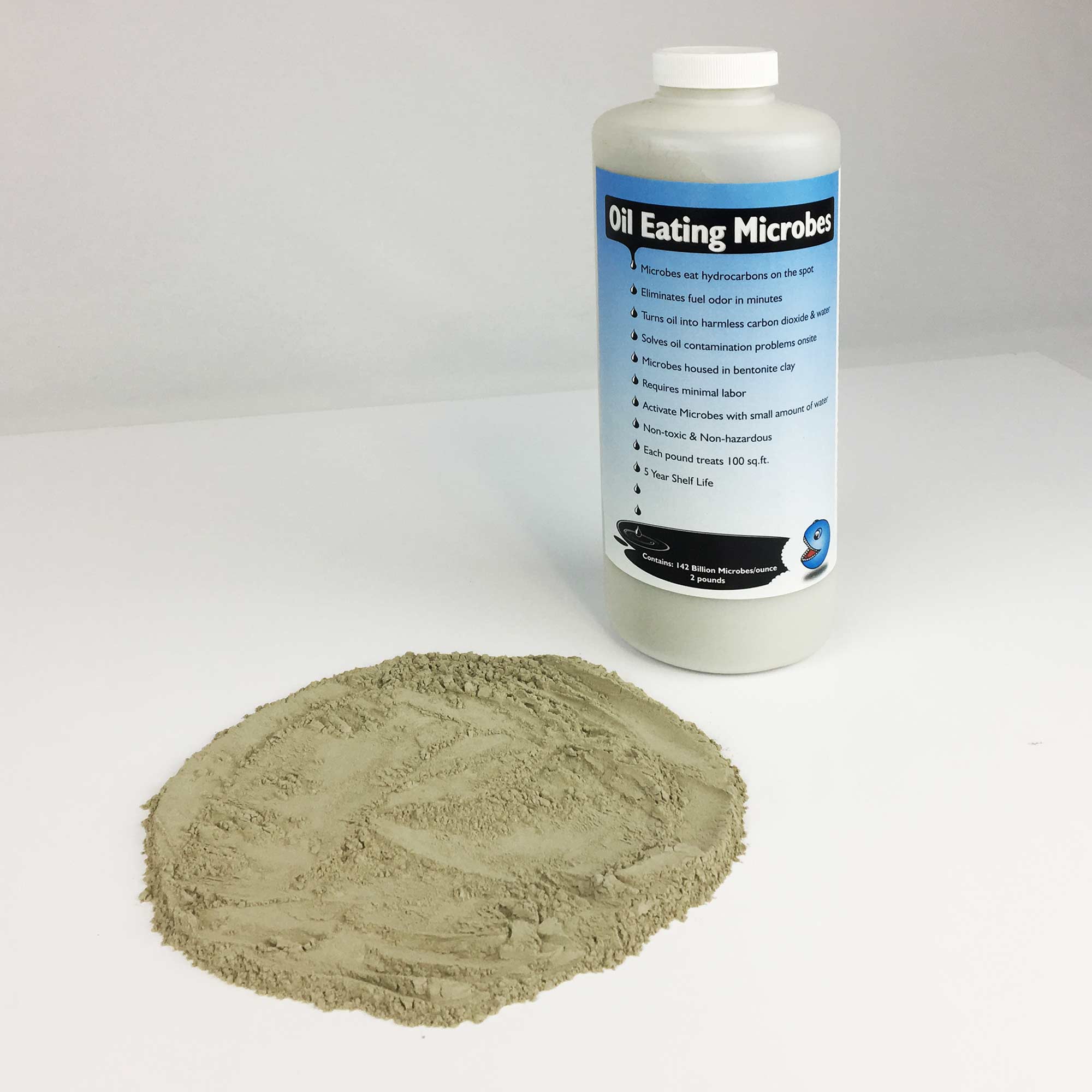
An eco-friendly and innovative way to remove oil stains from concrete involves the power of microorganisms. Get a bio-enzymatic cleaner that contains live microorganisms.
These tiny organisms have an appetite for oil and grease. Thoroughly wet the stained area with water. Apply the bio-enzymatic cleaner directly onto the stain. Ensure a generous coating, allowing the microorganisms to penetrate the concrete. Cover the treated area with plastic sheeting or a damp cloth.
This promotes a moist environment, ideal for the microorganism’s activity. Allow the microorganisms to work over several days. As they consume the oil, you’ll notice the stain gradually disappearing.
After the treatment period, remove the covering and thoroughly rinse the area with water. You may need a gentle scrub to assist in the final removal of residue.
Preventing Oil Stains on Concrete
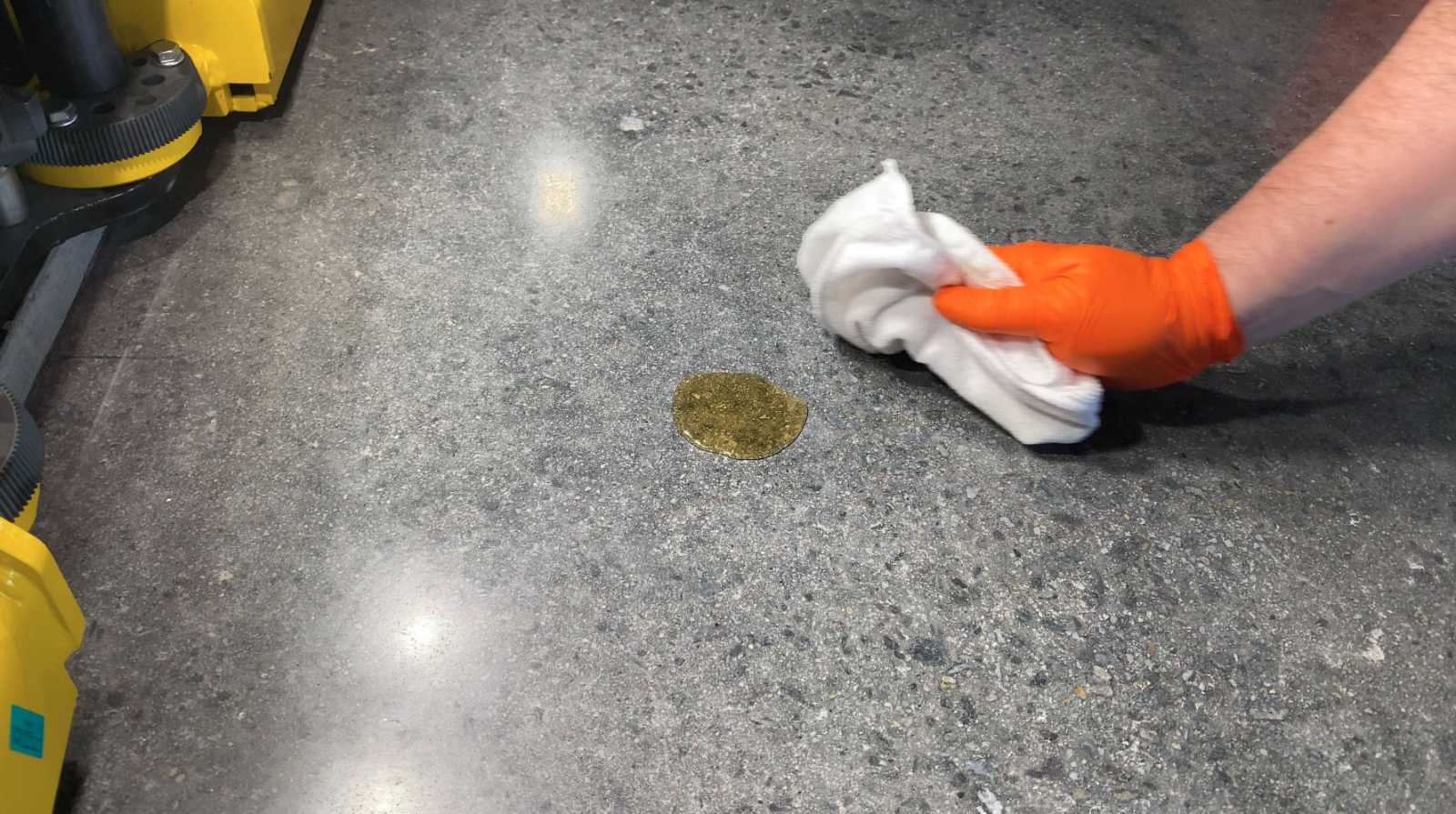
To keep your concrete surfaces looking clean and oil-free, a few simple steps can go a long way. First, regularly inspect your vehicles for leaks and address any issues promptly. Placing a drip pan under your car can catch any potential leaks before they reach the concrete for quick and easy concrete oil stain removal.
Additionally, avoid spilling oil or other fluids on the ground when performing maintenance tasks. If spills do happen, quickly clean them up using spongy materials like cat litter as an oil stain remover for the garage floor.
1. Having a Car Serviced
Regular vehicle maintenance not only extends your car’s life but also helps prevent oil stains on your concrete driveway or garage floor. Schedule routine inspections and oil changes according to your car’s manual. A well-maintained vehicle is less likely to develop leaks that can stain the concrete.
2. Sealing Concrete
Applying a concrete sealer creates a protective barrier that prevents oil from the surface. Clean the concrete thoroughly before applying the sealer to ensure proper adhesion. Choose a high-quality concrete sealer suitable for your specific needs and follow the manufacturer’s instructions for application. Reapply the sealer as recommended to maintain its effectiveness.
3. Using Oil Mats for Protection
Placing oil mats or absorbent pads under your vehicle can provide an extra layer of protection against oil stains. These mats are designed to capture and contain leaks and spills, preventing them from reaching the concrete. Regularly replace or clean the mats to ensure they continue to work effectively.
Precautions and Warnings While Removing Old Oil Stains
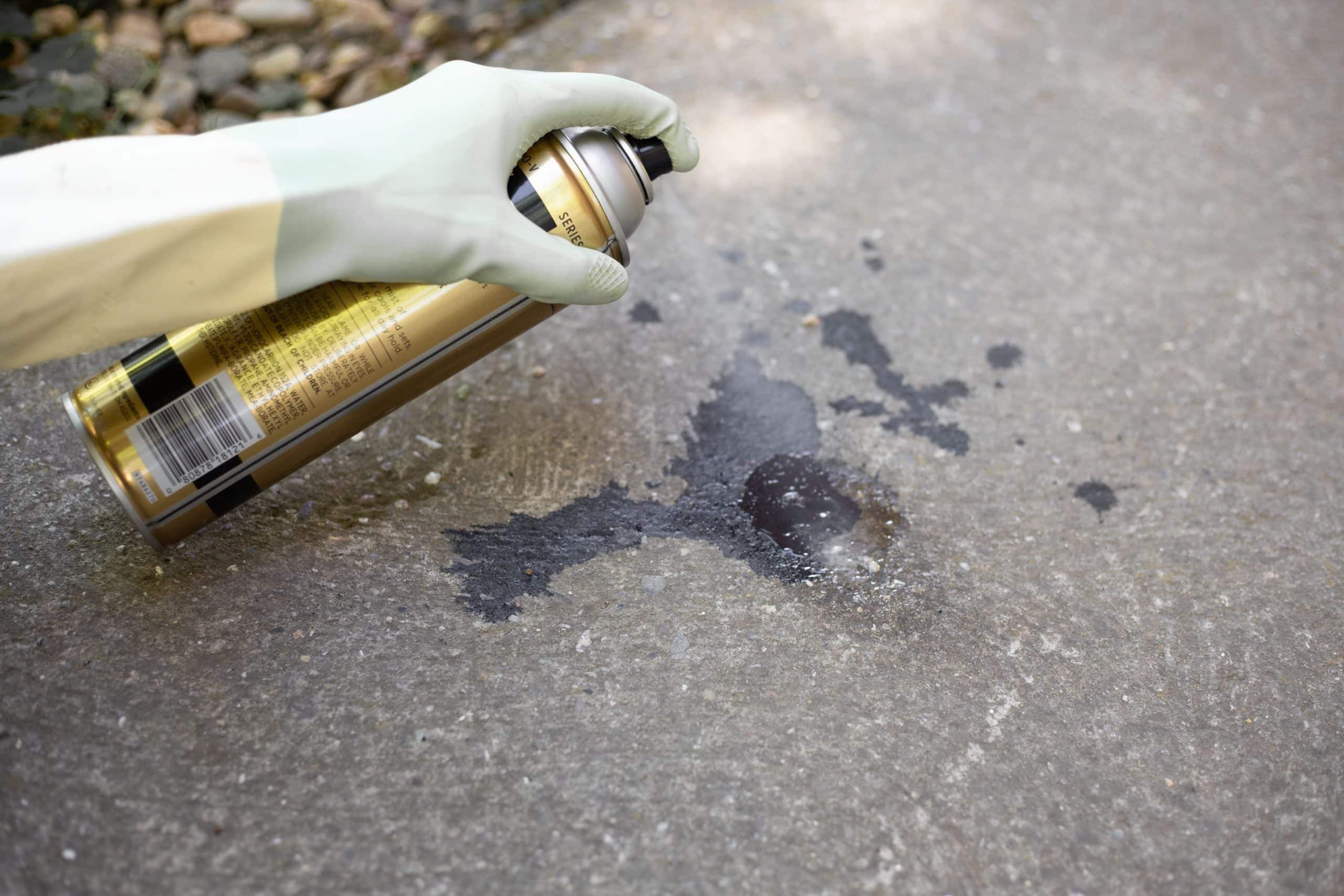
Below are some precautions and warnings listed to take care of while removing old oil stains:
- Protective Gear: Always wear appropriate protective gear, such as gloves, safety goggles, and a mask. Concrete cleaners may contain strong chemicals that can irritate your skin, eyes, or respiratory system.
- Surface Testing: Test the concrete cleaner on a small, unseen area of the stained surface. This helps ensure compatibility and prevents potential damage. Wait for a few minutes before proceeding.
- Ventilation Matters: Before you start, ensure proper ventilation in the area. This will help prevent inhaling any smoke emitted by the concrete cleaner—open doors and windows to allow fresh air to circulate.
- Application: Follow the manufacturer’s instructions for application. Apply the cleaner directly to the oil-stained area and use a brush or scrubber to agitate the surface gently. Avoid excessive scrubbing, as it could lead to surface erosion.
- Dwell Time: Allow the cleaner to sit on the stain for the recommended time. This allows the cleaner to break down the oil particles for quick and easy concrete oil stain removal.
- Rinsing: Thoroughly rinse the cleaned area with water. A pressure washer can help remove the loosened oil and cleaner residue effectively.
- Disposal: Dispose of the wastewater and cleaning solution properly. Avoid letting the polluted water enter storm drains, as it can harm the environment. Follow local regulations for proper disposal.
- Children and Pets: Keep children and pets away from the cleaning area during the process and until the surface is completely dry.
Conclusion
All in all, removing old oil stains from concrete surfaces is a task that requires patience and the right techniques.
Whether you go for DIY solutions or commercial cleaners, following the proper steps and precautions will help you restore the original look of your concrete areas.
Regular maintenance and immediate attention to oil spills can prevent stubborn stains.
When dealing with oil stains, patience and persistence are your allies.
By following these simple steps and utilizing household remedies, you can get a nice look at your concrete surfaces.
Always follow the precautions and warnings while using these chemicals to remove old oil stains from concrete.
So, say goodbye to those old oil stains and hello to a beautifully clean and inviting concrete space.
Frequently Asked Questions
How Effective Are These Methods in Removing Old Oil Stains?
The effectiveness of these methods depends on the age and severity of the stain. Fresh stains are generally easier to remove than deeply ingrained ones.
Can I Use Bleach to Remove Oil Stains from Concrete?
Bleach is not recommended to remove oil stains from concrete, as it may not effectively break down the oil. It’s best to use methods specifically designed for oil stain removal.
Will Power Washing Alone Remove Old Oil Stains?
Power washing can be effective, especially for larger areas, but it may not completely remove oil stain from concrete. Combining power washing with stain-specific treatments often yields better results.
Can I Prevent Oil Stains on Concrete Surfaces?
Yes, regular sealing of concrete surfaces can help prevent oil stains from penetrating. Promptly cleaning up any oil spills can also minimize the risk of stains.
How Can I Dispose of The Materials Used for Stain Removal?
Follow local regulations for the disposal of materials used for stain removal. Many cleaning agents should be disposed of through hazardous waste collection facilities.

